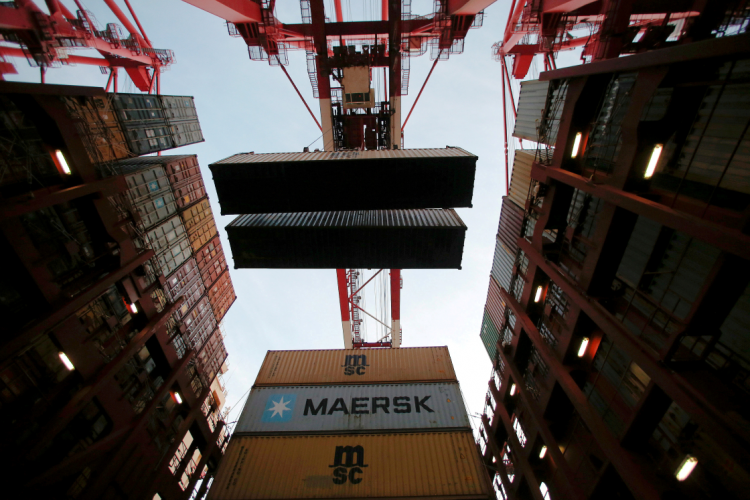Maersk, one of the world's leading container shipping giants, has taken decisive action by diverting all its vessels from the region's routes to circumnavigate Africa's Cape of Good Hope. This strategic shift is a response to escalated attacks by Houthi militants, targeting vessels to demonstrate their solidarity with the Palestinian Islamist group Hamas amidst conflicts in Gaza.
The Danish company's announcement comes after a series of attacks on shipping vessels in the Gulf region, prompting concerns over maritime security and the safety of crew members. The decision to reroute around the southern tip of Africa, although adding approximately ten extra days to journey times and increasing operational costs significantly, is seen as a necessary measure to ensure the safety of the vessels and their cargo. Maersk's initiative to update their travel routes through software adjustments reflects a proactive approach to adapt to evolving geopolitical tensions and maritime threats.
However, this rerouting is not without its consequences. The longer journey necessitates more fuel and extended crew-time, leading to elevated shipping costs. This, in turn, could have broader implications for global trade, potentially affecting the delivery times and prices of goods transported on these critical maritime routes.
The redirection away from the Red Sea and the Suez Canal, a crucial chokepoint used by roughly one-third of global container ship cargo, underscores the vulnerability of international shipping lanes to regional conflicts. The Houthis, a Yemen-based group supported by Iran, have claimed responsibility for targeting Israel-bound vessels as an act of solidarity with Palestinians, leading to a broader range of ships coming under attack.
In response to the ongoing threats, the United States launched a multinational military operation in December to safeguard commerce in the Red Sea. However, despite these efforts, many shipping companies, including German firm Hapag-Lloyd, continue to divert their vessels due to the persisting dangers, emphasizing the severity of the situation and the challenges in securing these vital maritime pathways.
As the situation continues to evolve, the international community watches closely. The impact of these rerouted journeys not only affects the shipping companies but also has far-reaching consequences for global supply chains and trade dynamics. The increase in transit times and costs could potentially lead to delays and additional expenses for businesses and consumers alike. Furthermore, the continued instability in the region raises questions about the long-term viability of some of the world's most important shipping routes.
In summary, Maersk's decision to divert its ships from the Red Sea is a reflection of the complex and volatile nature of modern maritime trade. As geopolitical tensions continue to influence the security of shipping lanes, companies like Maersk are forced to adapt to ensure the safety of their vessels and crew, while the international community seeks more robust solutions to protect these crucial routes.






